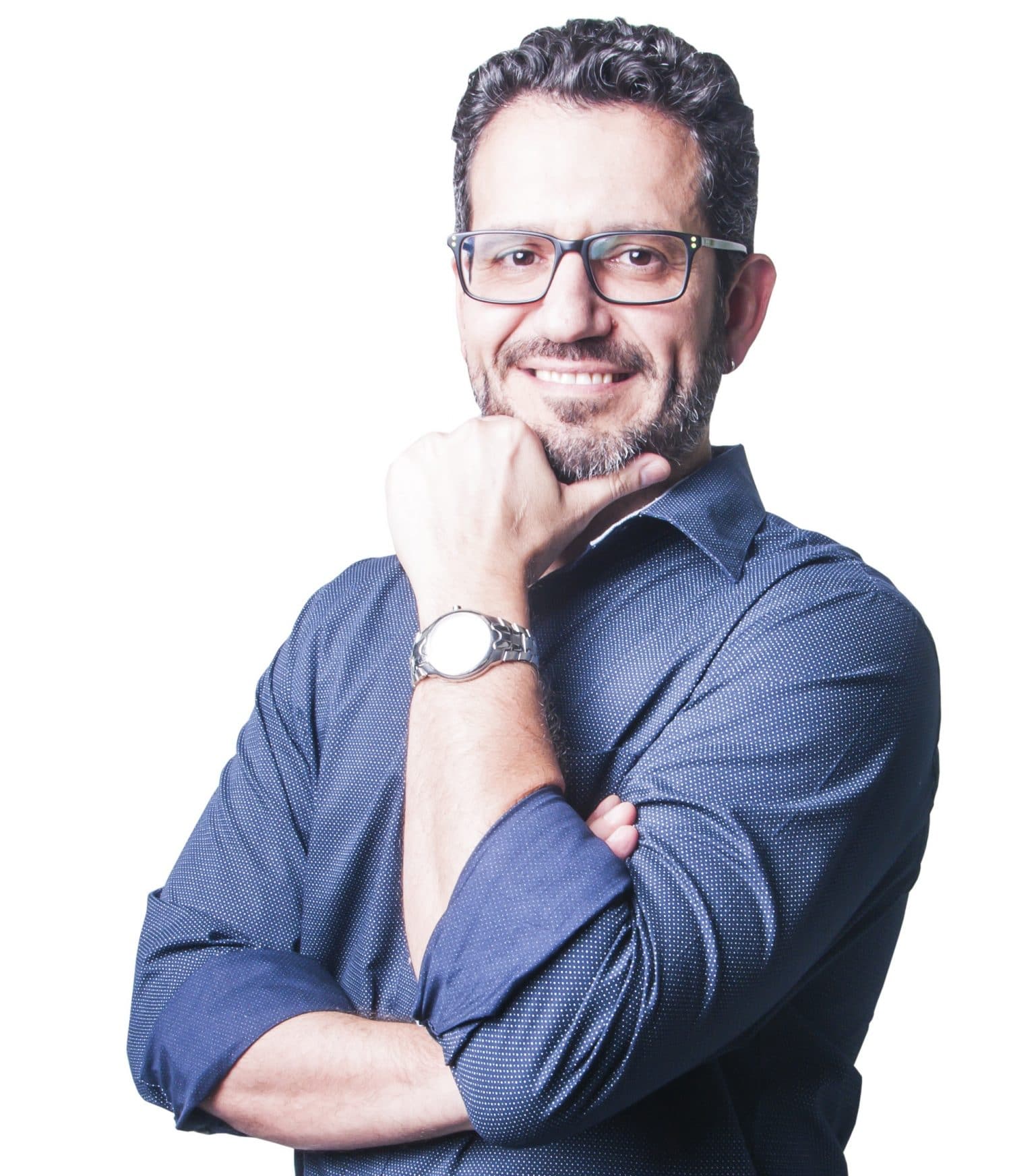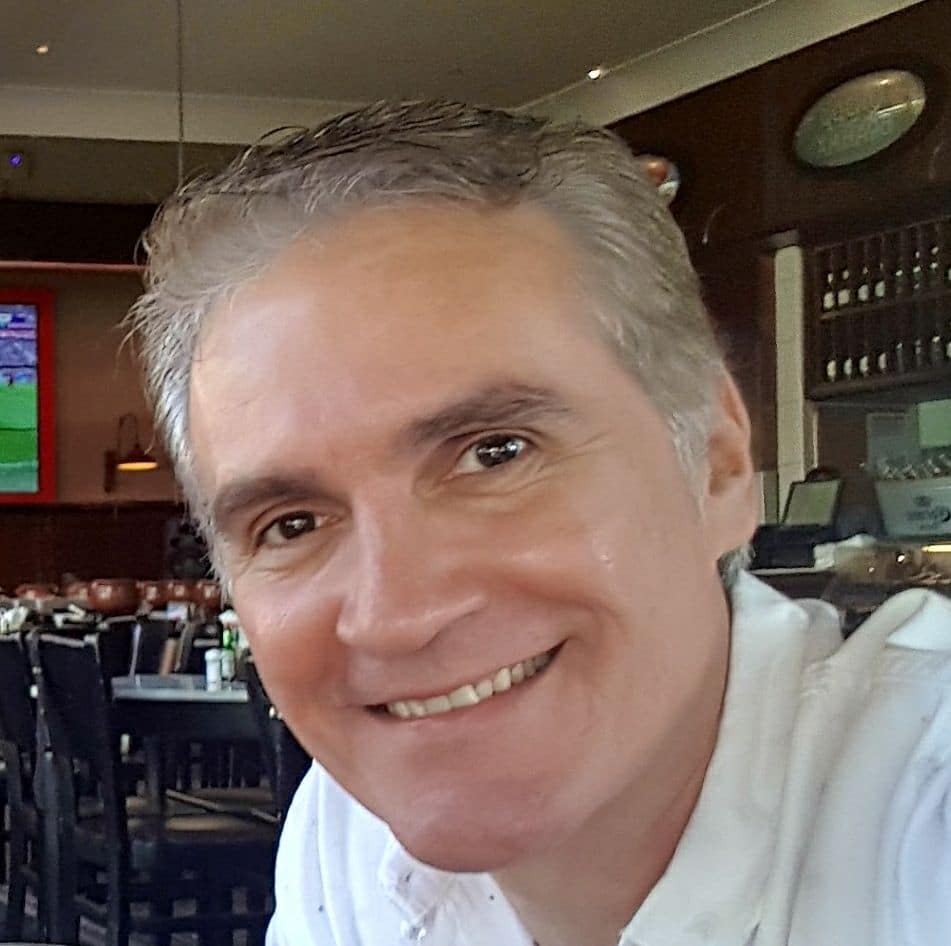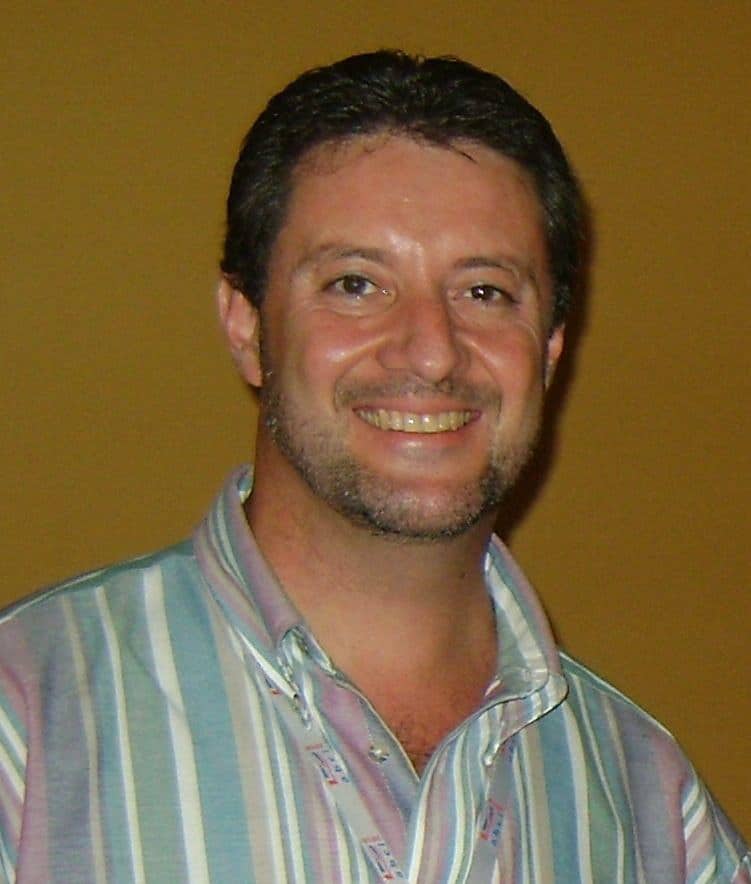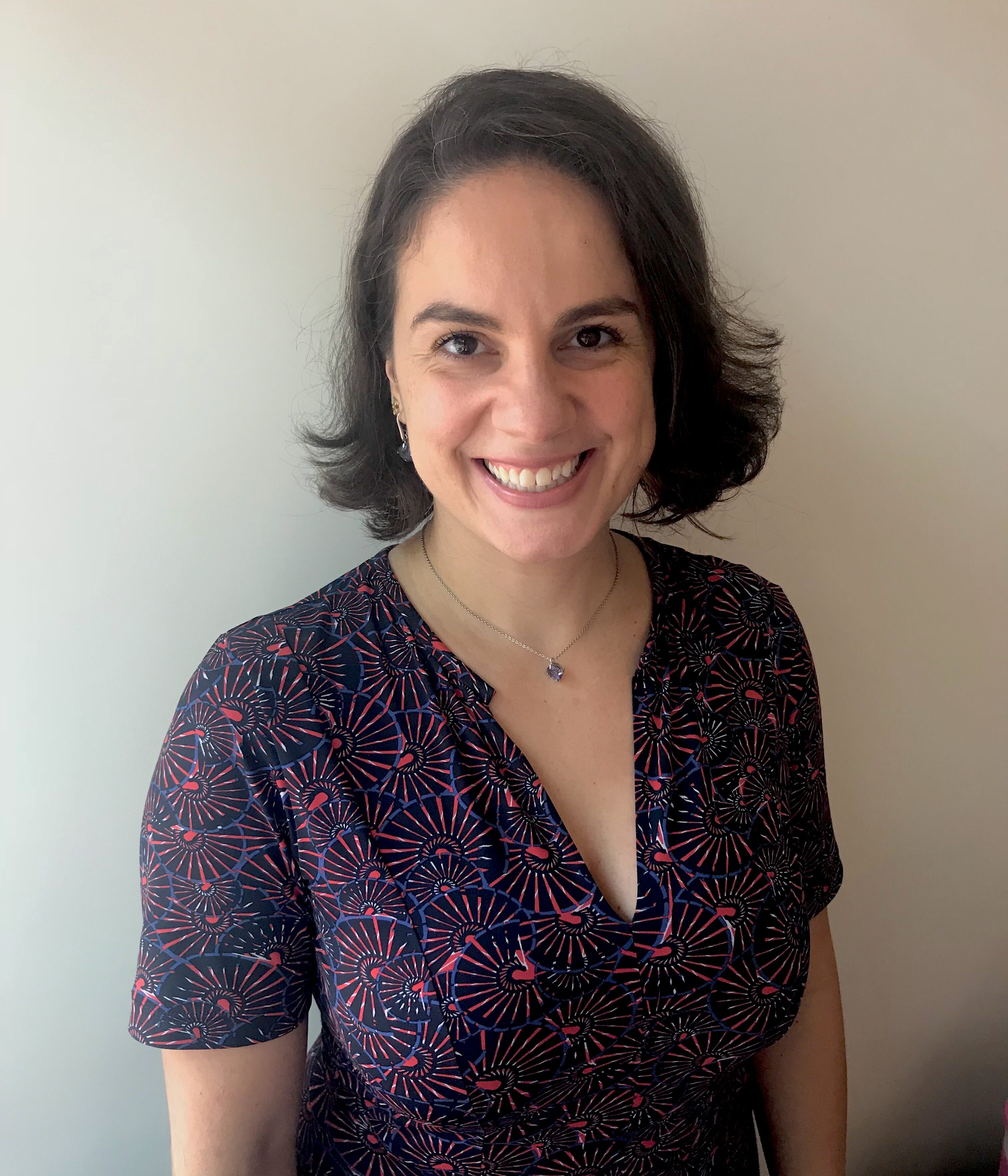What is the role of the new teacher?
The new world we live in pushes us to unavoidable changes. The dynamism it brings to society forces us to rethink our concepts and how we position ourselves in light of the ever growing challenges we have to face. In this scenario, the school and, more specifically, the teacher is being redefined. But what should be the role of this new teacher?
Knowledge is not a priviledge of a few anymore. The access to information is universal. You don’t need to have an encyclopedia, or thousands of books, to have access to knowledge. All you need is a smartphone, that fits in your pocket. It has more information than hundreds of encyclopedias. So the old prerrogative of the teacher being the sole or at least the main source of knowledge and information for students is not sustainable anymore. Teacher’s authority or respect cannot be guaranteed by this role as students now understand (much more than we did when we were students) that there are sides to a story, that there are different versions, and that the teacher usually brings knowledge to class with a lot of personal interpretation and bias.
Students today want to have their own opinion about the facts. They want to interact with the knowledge and turn it into a much broader and applied understanding. They question one single version and want to go after different points of view. And they do not want to be told about facts: they want to find out about them.
Students also know that sometimes they might know more than the teacher, and that people can be learners and teachers at the same time or at different times, simply because it’s impossible to know everything, and that’s totally OK.
Teachers therefore need to be empathic about this new perspective. They need to understand that students in this new world we live in are different. And they need to rethink their role. In a world with universal access to information and knowledge, knowing how to use that knowledge should be the goal. And teachers must be the guides to this: they must foster students’ understandings about the knowledge they get exposed to. They must help them select good from bad information, real news from fake news. But above everything they must create a collaborative environment, with no hierarchy, where everybody learns from everybody, and everybody teaches everybody, and together they construct meanings, applications and change the way they see the world around them.
Teachers need to master the art of making the right questions. We do not need teachers who give answers, we need teachers who ask questions that make students think and search for answers. It is this search for answers that will provide students with plenty of opportunities for learning and understanding.
Last but not least, teachers must empower their students. Students should be the protagonists, not the teachers. Let them have voice; make their voices heard.
This amazing new world we live in will certainly not see the extinction of the teachers. But it will definitely see the end of the old teacher, the one from a world that does not exist anymore.






